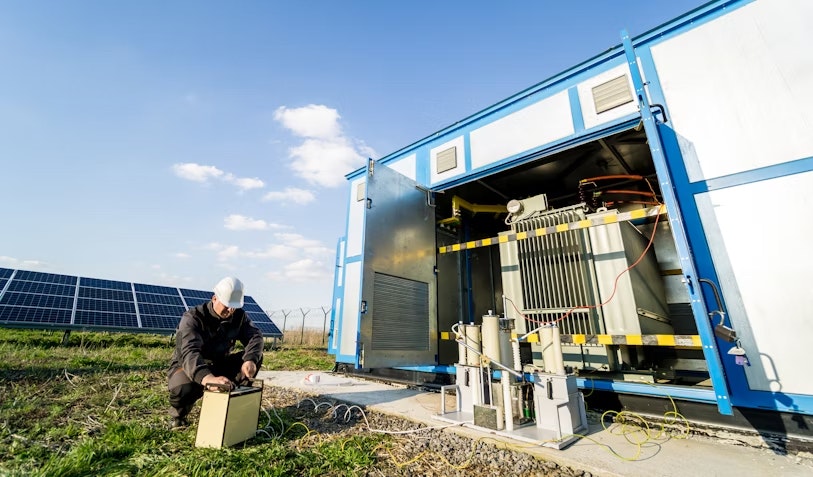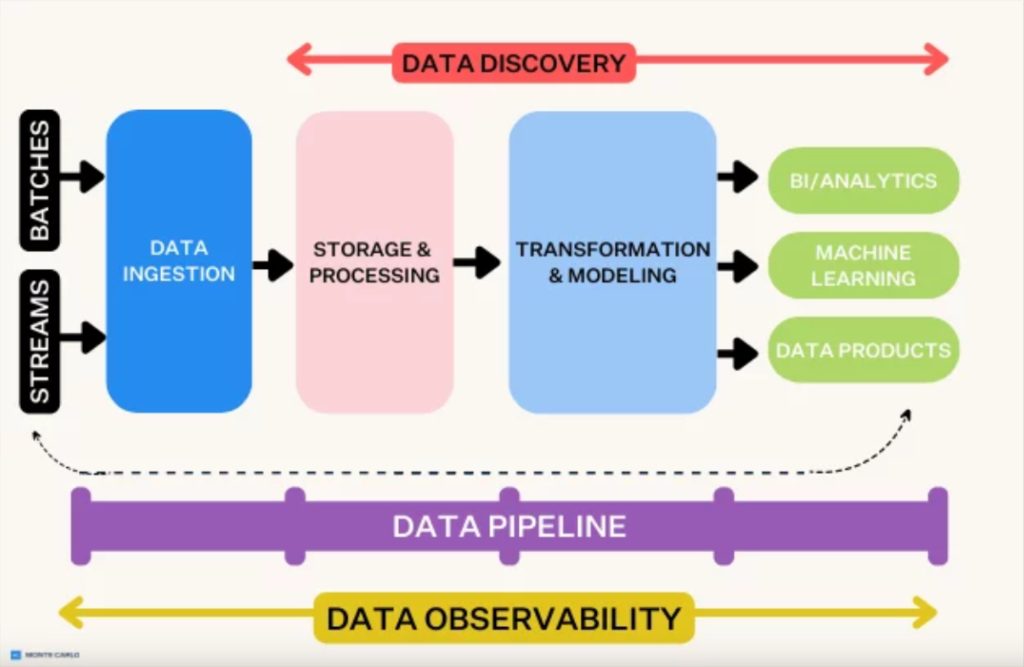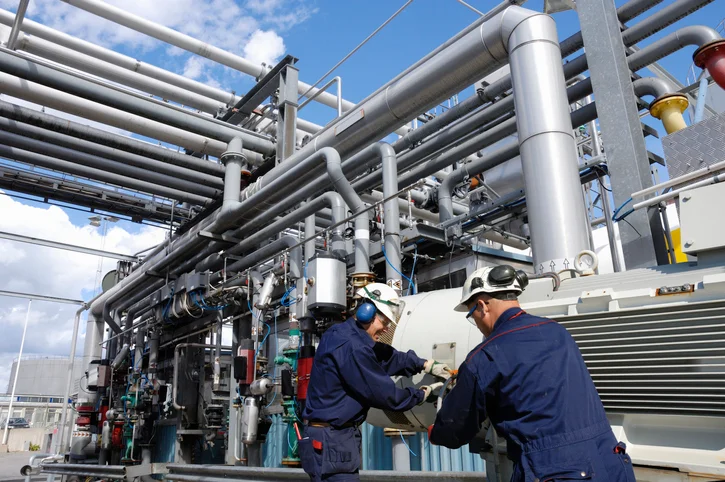Engineering remains one of the most lucrative and respected career paths in the world, and 2025 continues to show just how rewarding it can be for professionals who specialize in the right fields. As industries evolve with the rise of artificial intelligence, renewable energy, advanced construction, biotechnology, and data-driven technologies, the demand for skilled engineers has never been higher. Companies across the globe are offering competitive salaries to attract top talent, and certain branches of engineering stand out as the highest paying. From petroleum engineering and aerospace engineering to software engineering, civil engineering, and biomedical engineering, these careers are not only shaping the future but also delivering impressive financial rewards.
This article highlights the top ten highest paying engineering jobs worldwide in 2025, giving you clear insight into where opportunities are growing and which specialties are most valued in the job market. It explores how factors like innovation, global infrastructure projects, sustainability, digital transformation, and healthcare advancements are driving higher compensation for engineers. By understanding which roles offer the best salaries, you can make smarter career decisions and align with industries that promise long-term growth, financial security, and global recognition.
Top Ten Highest Paying Engineering Jobs For You In 2025 (Worldwide)
10. Civil Engineer focusing on Smart Infrastructure and Resilient Cities

Modern civil engineering goes far beyond roads and bridges. With cities investing in resilient infrastructure and sustainable urban planning the role now includes designing storm resilient drainage systems modern transport corridors water supply upgrades and urban regeneration. Engineers with skills in building information modeling project management environmental assessment and life cycle analysis are the most sought after.
Demand is strongest where governments and private investors commit to climate resilient upgrades smart traffic systems and mixed use redevelopment. Career tracks that combine project delivery experience with technical specialisms such as structural rehabilitation or flood risk engineering attract premium compensation.
Opportunities exist in consultancy project development construction management and public sector infrastructure teams. Pay for senior multidisciplinary civil roles varies by market and project complexity and is typically higher in major metro hubs where infrastructure budgets are large.
9. Nuclear Engineer with Safety Systems and New Reactor Programs

Nuclear engineering remains a high paying specialty because of stringent safety requirements technical complexity and long term national programmes. Roles in reactor design regulatory compliance radiological protection decommissioning and advanced small modular reactor projects offer substantial pay for experienced engineers.
Career pathways often require deep physics and systems engineering knowledge combined with regulatory training and security clearances where relevant. Nuclear work spans utilities research laboratories regulatory bodies and specialist consultancies. Skills such as systems safety analysis probabilistic risk assessment thermal hydraulics and radiation shielding are frequently listed in job descriptions for senior posts.
With renewed interest in low carbon baseload generation engineers who can navigate licensing and community engagement as well as technical design stand out. In markets with active nuclear programmes senior salaries reflect the scarcity of qualified specialists and the high responsibility of the roles.
8. Mechanical Engineer specializing in Robotics Automation and Advanced Manufacturing

Mechanical engineering pays best when paired with robotics automation mechatronics or additive manufacturing. Employers value engineers who can design actuators transmissions and grippers while integrating control software sensors and machine vision. In manufacturing and automotive sectors this combination supports factory modernisation and smart manufacturing programmes.
Experience with simulation control systems prototyping and advanced modelling translates into roles that lead product development process automation and robotics deployment. Engineers who understand systems level integration and who can collaborate with software and electrical teams often progress faster and reach higher pay bands.
Locations with strong industrial clusters and companies investing in automation offer the most competitive packages and opportunities for flexible or remote system design consultancy.
7. Renewable Energy Engineer working on Storage and Grid Integration

Renewable energy engineering is now central to corporate and national climate strategies. Engineers focused on utility scale solar wind energy storage and grid integration are in high demand as countries increase renewables and modernise transmission. Roles include system design project development power electronics integration and operations optimisation for energy storage and distributed generation.
Expertise in battery systems inverter control grid stability modelling and hydrogen production can position engineers for higher compensation. Employers range from energy developers and utilities to engineering procurement and construction firms and cleantech startups. Compensation improves for engineers who can lead complex projects secure finance and ensure smooth commissioning at scale.
6. Aerospace Engineer in Space Systems and Advanced Propulsion

Aerospace engineering continues to pay well especially for those working in space systems propulsion avionics and composite structures. Growth in commercial space activity satellite constellations and unmanned aerial systems has expanded high value roles in design integration testing and mission assurance. Experience with computational fluid dynamics flight dynamics guidance and control systems or propulsion testing increases earning potential.
Employers include prime contractors space startups research institutions and defence programmes. The strongest markets are clustered around aerospace hubs and countries investing in space programmes. Senior roles often require cross discipline leadership and security clearances which can further increase total compensation.
5. Data Engineer building Scalable Data Platforms and Pipelines

Data engineering sits at the intersection of software engineering and data science and drives the modern data stack. Data engineers design and maintain pipelines that move clean reliable data into analytics and machine learning systems. Core skills include distributed processing database optimisation ETL design and cloud data platform expertise. Employers reward experience with real time streaming pipeline design data warehousing and strong coding abilities. Roles that combine data engineering with governance performance optimisation or privacy by design command higher pay. Market salary reports show data engineering as one of the top paying technical tracks especially in tech finance and digital product companies where data driven decision making is critical.
4. Software Engineer with AI Cloud and Cybersecurity Expertise

Software engineering remains a core route to high compensation when combined with artificial intelligence machine learning cloud native architectures or cybersecurity. Engineers who can design scalable services secure distributed systems build performant applications or implement learning pipelines are in the strongest bargaining positions. Key skill sets include system design programming language fluency infrastructure as code continuous integration and delivery and cloud platform proficiency.
In addition to base salary many senior software roles include equity and significant bonus potential in fast growth companies. Companies pay premiums for engineers who can build secure systems at scale and who can deploy and maintain production AI services.
3. Petroleum Engineer with Reservoir and Production Optimisation Skills

Petroleum engineering remains among the highest paying branches particularly for work in reservoir engineering drilling operations production optimisation and enhanced recovery. Jobs that involve offshore platforms remote operations or complex reservoir simulation generally offer premium pay to compensate for technical demand and challenging conditions.
Employers include integrated oil companies service contractors national oil companies and specialist consultancies. Important technical strengths include reservoir modelling well test interpretation fluid flow mechanics and production systems design. Compensation varies widely by geography and project type and senior specialists working on deep water or unconventional assets generally achieve the top salary bands.
2. Artificial Intelligence Engineer and Machine Learning Engineer

Artificial intelligence and machine learning engineering is now one of the top earning technical disciplines. Work ranges from model development and training to production deployment model monitoring and inference optimisation for low latency environments. Employers value practical experience with deep learning frameworks model evaluation and distributed training as well as knowledge of model safety robustness and responsible AI practices.
Roles appear across finance healthcare autonomous systems and retail where intelligent automation and predictive systems deliver direct business value. Compensation for AI engineers is frequently above the wider software market especially at senior levels and in organisations where models drive core products and services.
1. Electrical and Electronics Engineer in Semiconductors Power Systems and Quantum Research

Electrical and electronics engineering tops many pay lists in 2025 because of the breadth of high value specialisms within the discipline. From semiconductor design and fabrication to power grid modernisation smart electrification and emerging quantum electronics the demand for deep hardware systems expertise is strong. Engineers experienced in circuit design microelectronics signal processing power electronics and embedded systems are highly sought after.
Semiconductor shortages and rapid investment in chip design along with grid scale electrification projects and renewable integration have created premium roles in industry and research. Senior research and development roles and positions that oversee fabrication or system level integration frequently offer the highest salaries and benefits packages across engineering disciplines.

